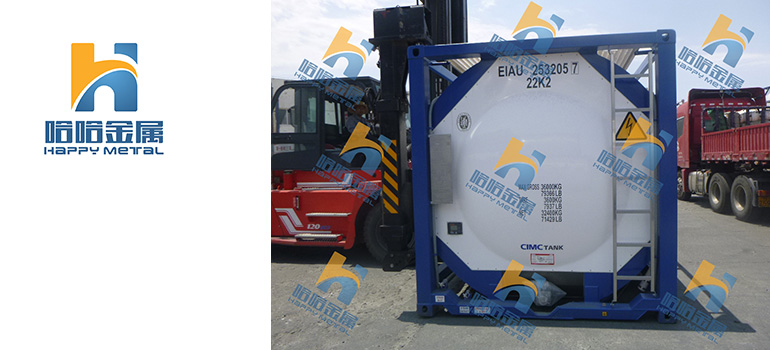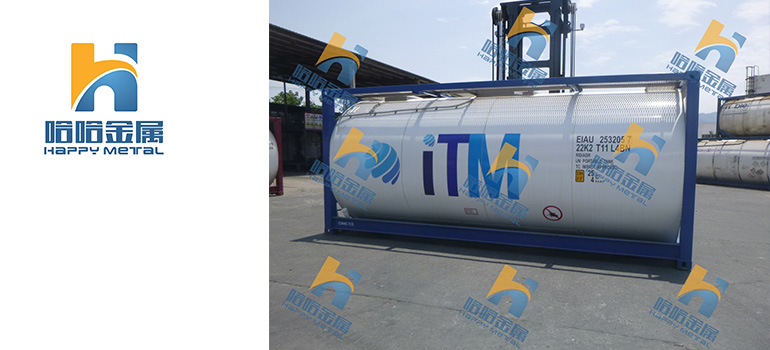Summary:
Unlocking the Versatility: 10 Remarkable Sodium Methylate 30% Uses
Importance of Sodium Methylate 30% Solution
Overview of Various Industrial Applications
Sodium Methylate 30% Uses in Chemical Synthesi
Sodium Methylate 30% solution, a compound recognized for its remarkable versatility, stands as a pivotal substance in various industrial and chemical processes. At its core, Sodium Methylate embodies the fusion of sodium methoxide with methanol, resulting in a solution renowned for its catalytic prowess and chemical reactivity.
Importance of Sodium Methylate 30% Solution
The importance of Sodium Methylate 30% solution stems from its pivotal role as a catalyst and reagent in various industrial processes. Here’s why it holds significant value:
Catalytic Power: Sodium Methylate 30% solution serves as a potent catalyst in a wide range of chemical reactions. Its ability to initiate and accelerate reactions enables the efficient production of diverse compounds across industries.
Chemical Reactivity: With its high reactivity, Sodium Methylate 30% solution facilitates transformations that might be otherwise challenging or impractical. This reactivity is vital for synthesizing complex molecules in pharmaceuticals, petrochemicals, and other sectors.
Versatility: The solution’s versatility makes it adaptable to numerous applications. Whether it’s promoting esterification in biodiesel production or facilitating methylation reactions in pharmaceutical synthesis, Sodium Methylate 30% solution finds utility across diverse sectors.
Process Efficiency: By streamlining chemical processes, Sodium Methylate 30% solution enhances efficiency and productivity in manufacturing. Its catalytic properties enable faster reaction rates and higher yields, thereby reducing production costs and resource consumption.
Innovation Driver: Sodium Methylate 30% solution fuels innovation by enabling the development of novel compounds and processes. Its role as a catalyst opens avenues for exploring new synthetic routes and improving existing methodologies, fostering advancements in chemistry and technology.
Sustainability: In the quest for sustainability, Sodium Methylate 30% solution plays a crucial part. It facilitates the production of biofuels, which offer a renewable alternative to fossil fuels, thereby contributing to environmental conservation and reducing reliance on non-renewable resources.
In essence, Sodium Methylate 30% solution is indispensable in modern industry due to its catalytic prowess, versatility, and role in driving efficiency and innovation. Its importance extends across sectors, shaping the landscape of chemical synthesis, manufacturing, and sustainability efforts.
Overview of Various Industrial Applications

The widespread industrial applications of Sodium Methylate 30% solution underscore its versatility and importance in modern manufacturing processes. Here’s an overview of its diverse industrial uses:
Pharmaceutical Synthesis: Sodium Methylate 30% solution serves as a key reagent in pharmaceutical synthesis, particularly in the production of active pharmaceutical ingredients (APIs) and pharmaceutical intermediates. It facilitates various chemical transformations essential for drug manufacturing, including esterification, methylation, and synthesis of pharmaceutical precursors.
Biodiesel Production: As a catalyst, Sodium Methylate 30% solution plays a crucial role in the transesterification process used to produce biodiesel from vegetable oils or animal fats. It catalyzes the conversion of triglycerides into methyl esters, the primary components of biodiesel, thereby enabling the efficient production of renewable and environmentally friendly fuel sources.
Petrochemical Industry: Sodium Methylate 30% solution finds applications in the petrochemical industry, where it is utilized in various methylation reactions and as a catalyst in refining processes. It facilitates the synthesis of key petrochemical intermediates and derivatives, contributing to the production of plastics, solvents, and other essential petrochemical products.
Chemical Manufacturing: In chemical manufacturing, Sodium Methylate 30% solution is employed in a wide range of processes, including the production of specialty chemicals, agricultural chemicals, and fine chemicals. Its catalytic properties enable efficient synthesis routes and selective chemical transformations, enhancing the productivity and competitiveness of chemical manufacturing operations.
Polymerization Reactions: Sodium Methylate 30% solution is used in polymerization reactions to initiate the polymerization of monomers and facilitate the production of various polymers and resins. It serves as a catalyst in the synthesis of polyesters, polycarbonates, and other polymer materials with diverse industrial applications, including plastics, coatings, and adhesives.
Surfactant Production: Surfactants, which find widespread use in detergents, personal care products, and industrial cleaners, are synthesized using Sodium Methylate 30% solution as a catalyst. It promotes the esterification of fatty acids with methanol to produce methyl esters, which are key intermediates in surfactant synthesis.
Research and Development: Sodium Methylate 30% solution is also employed in research and development laboratories for exploring new synthetic routes, conducting chemical reactions, and developing innovative processes. Its versatility and reactivity make it a valuable tool for chemists and researchers seeking to advance the frontiers of science and technology.
Overall, the industrial applications of Sodium Methylate 30% solution span a wide range of sectors, including pharmaceuticals, energy, chemicals, and materials, highlighting its indispensable role in modern manufacturing and innovation.
Sodium Methylate 30% Uses in Chemical Synthesis
The utilization of Sodium Methylate 30% solution in chemical synthesis underscores its significance as a catalyst and reagent in various processes. Here’s a closer look at its role in chemical synthesis:
Catalytic Role:
Initiation of Reactions: Sodium Methylate 30% solution acts as a catalyst, initiating chemical reactions by facilitating bond cleavage or formation.
Accelerating Reaction Rates: Its presence accelerates the rate of chemical reactions, leading to faster synthesis of desired products.
Selective Catalysis: Sodium Methylate 30% solution often exhibits high selectivity, promoting specific reactions while minimizing undesired side reactions.
Esterification and Transesterification Processes:
Ester Formation: Sodium Methylate 30% solution facilitates esterification reactions by promoting the condensation of carboxylic acids with alcohols to form esters.
Transesterification Reactions: It plays a crucial role in transesterification processes, converting triglycerides or esters into biodiesel and glycerol by exchanging alkyl groups with methanol.
Sodium Methylate as a Catalyst in Biodiesel Production:
Transesterification of Oils: Sodium Methylate 30% solution catalyzes the transesterification of vegetable oils or animal fats with methanol, yielding fatty acid methyl esters (FAME), commonly known as biodiesel.
Glycerol Formation: Alongside biodiesel production, Sodium Methylate 30% solution promotes the separation of glycerol, a valuable byproduct used in various industrial applications.
In chemical synthesis, Sodium Methylate 30% solution serves as a versatile and efficient catalyst, enabling the synthesis of esters, biodiesel, and other compounds essential in pharmaceuticals, petrochemicals, and fine chemical manufacturing. Its catalytic activity and selectivity make it a valuable tool for chemists seeking to optimize reaction pathways and enhance process efficiency.




